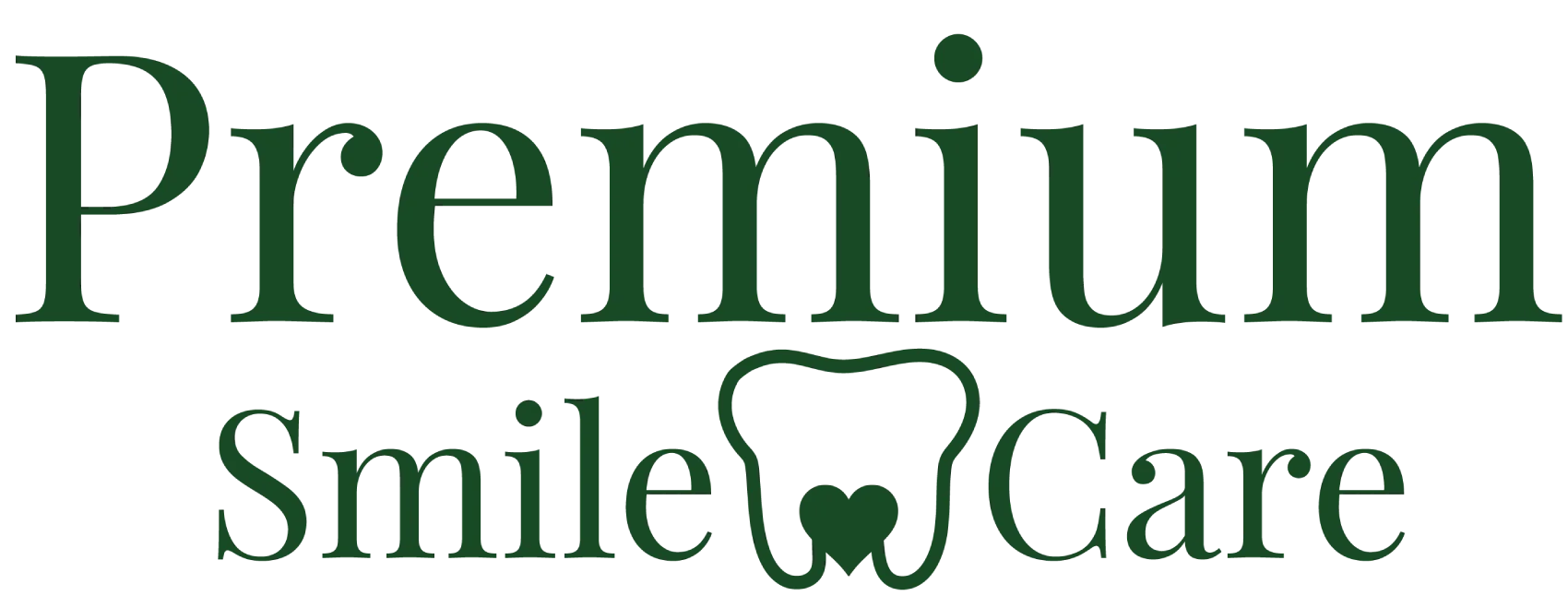TMJ / Botox treatments
TMJ disorder, or temporomandibular joint disorder, refers to a condition affecting the temporomandibular joint, which connects your jawbone to your skull. This joint facilitates essential jaw movements, such as chewing, talking, and yawning. When the TMJ becomes compromised or dysfunctional, it can lead to a variety of symptoms and discomfort, collectively known as TMJ disorder.

Symptoms of TMJ Disorder
The symptoms of TMJ disorder can vary widely among individuals and may include:
- Jaw pain or tenderness: Persistent or intermittent pain in the jaw joint area is a common symptom of TMJ disorder. This pain may be localized to one or both sides of the jaw and can range from mild discomfort to severe throbbing pain.
- Clicking or popping sounds: Many people with TMJ disorder experience clicking, popping, or grating sounds when they open or close their mouths. These noises can be accompanied by sensations of jaw joint movement or locking.
- Difficulty chewing or discomfort while eating: TMJ disorder can make it uncomfortable or painful to chew certain foods, particularly those that require extensive jaw movement or forceful chewing.
- Jaw stiffness or limited range of motion: Some individuals may notice stiffness in their jaw muscles, making it difficult to open their mouth wide or move their jaw smoothly.
- Facial pain or tenderness: TMJ disorder can cause pain that radiates to the face, temples, ears, or neck. This pain may be intermittent or constant and can worsen with jaw movement or prolonged use.
- Headaches or migraines: Chronic TMJ disorder could contribute to tension headaches or migraines, especially if the pain radiates from the jaw to other areas of the head and neck.
- Ear pain or fullness: TMJ dysfunction can cause ear-related symptoms such as earaches, ringing in the ears (tinnitus), or a sensation of fullness or pressure in the ears.
- Facial muscle fatigue: Overuse or strain of the jaw muscles due to TMJ disorder may result in facial muscle fatigue or discomfort, particularly after chewing or talking for extended periods.
Causes of TMJ Disorder
The exact cause of TMJ disorder is often multifactorial and may involve a combination of factors, including:
Bruxism (Teeth Grinding or Clenching)
Habitual grinding or clenching of the teeth, particularly during sleep, can strain the jaw muscles and contribute to TMJ dysfunction.
Jaw Injury or Trauma
A direct blow to the jaw or a whiplash injury can damage the TMJ or surrounding structures, leading to persistent symptoms.
Arthritis
Various forms of arthritis, such as osteoarthritis or rheumatoid arthritis, can affect the TMJ, causing inflammation, joint degeneration, and pain.
Malocclusion (Misalignment of the Teeth or Jaw)
An improper bite alignment can strain the TMJ and surrounding muscles, contributing to TMJ disorder symptoms.
Stress or Anxiety
Emotional stress or anxiety can lead to increased muscle tension in the jaw and face, exacerbating TMJ-related pain and discomfort.
Genetic Factors
Some individuals may have an increased predisposition to developing TMJ disorder due to genetic factors or family history.
TMJ Treatments at Premium Smile Care
Comprehensive Evaluation
The first step in treating TMJ disorders at Premium Smile Care is a thorough evaluation by our experienced dentists. During this consultation, we will review your medical history, conduct a comprehensive dental exam, and use advanced imaging techniques to assess the TMJ and surrounding structures.
Personalized Treatment Plan
Based on the evaluation findings, we will develop a personalized treatment plan tailored to address your specific TMJ symptoms and underlying causes. Treatment options may include:
- Botox injections: Botox (Botulinum Toxin Type A) injections can effectively relieve TMJ symptoms by relaxing the jaw muscles and reducing muscle contractions that contribute to pain and stiffness. This nonsurgical treatment is administered directly into the affected muscles, providing targeted relief.
- Custom night guards: For patients with TMJ caused by bruxism (teeth grinding or clenching), custom-made night guards can help protect the teeth from excessive wear and relieve pressure on the TMJ during sleep.
- Orthodontic treatment: Correcting misalignment of the teeth or jaw with orthodontic treatment may alleviate TMJ symptoms by improving the bite and reducing strain on the TMJ.
- Physical therapy: Specific exercises and stretches prescribed by our team can help strengthen jaw muscles, improve flexibility, and reduce pain associated with TMJ disorders.
Botox Treatments for TMJ
Botox injections for TMJ at Premium Smile Care in Riverside, CA, are performed by our skilled dentists who have received specialized training in administering Botox for therapeutic purposes. The procedure involves:
Consultation and Evaluation
We will assess your TMJ symptoms, medical history, and overall oral health to determine if Botox injections are appropriate for you.
Injection Procedure
Botox is injected directly into the targeted jaw muscles using a fine needle. The injections are relatively painless and typically require no anesthesia.
Results and Follow-up
Patients may start to experience relief from TMJ symptoms within a few days to a week after the injections. Results can last for several months, after which follow-up injections may be recommended to maintain the benefits.
Benefits of Botox Treatments for TMJ
- Pain relief: Botox injections effectively reduce muscle tension and pain associated with TMJ disorders, improving overall comfort and quality of life.
- Noninvasive: Unlike surgical treatments, Botox injections are minimally invasive and require no downtime, allowing you to resume normal activities immediately after treatment.
- Predictable results: Botox treatments for TMJ provide predictable and consistent results, with many patients experiencing significant symptom improvement.
- Enhanced jaw function: By relaxing overactive jaw muscles, Botox can restore normal jaw movement and function, making it easier to chew, speak, and perform daily activities. Call us to learn more.
Conclusion
If you are experiencing TMJ symptoms such as jaw pain, clicking sounds, or difficulty chewing, don't wait to seek treatment. At Premium Smile Care in Riverside, CA, we offer advanced TMJ treatments, including Botox injections, to help alleviate discomfort and improve your quality of life. Contact us today to schedule a consultation and take the first step toward a healthier, pain-free smile with our dedicated team of TMJ specialists.
Discover top-notch dental care at Premium Smile Care, conveniently located in Riverside at 9825 County Farm Rd., Bldg. B. Contact us today at (951) 324-1212 to book your visit!
Visit Our Office
Riverside, CA
9825 County Farm Rd Bldg B, Riverside, CA 92503
Email: premiumsmilecare@hotmail.com
Book NowOffice Hours
- MON7:00 am - 3:00 pm
- TUE7:00 am - 3:00 pm
- WED7:00 am - 3:00 pm
- THUClosed
- FRI7:00 am - 3:00 pm
- SATAppointment Only
- SUNClosed

